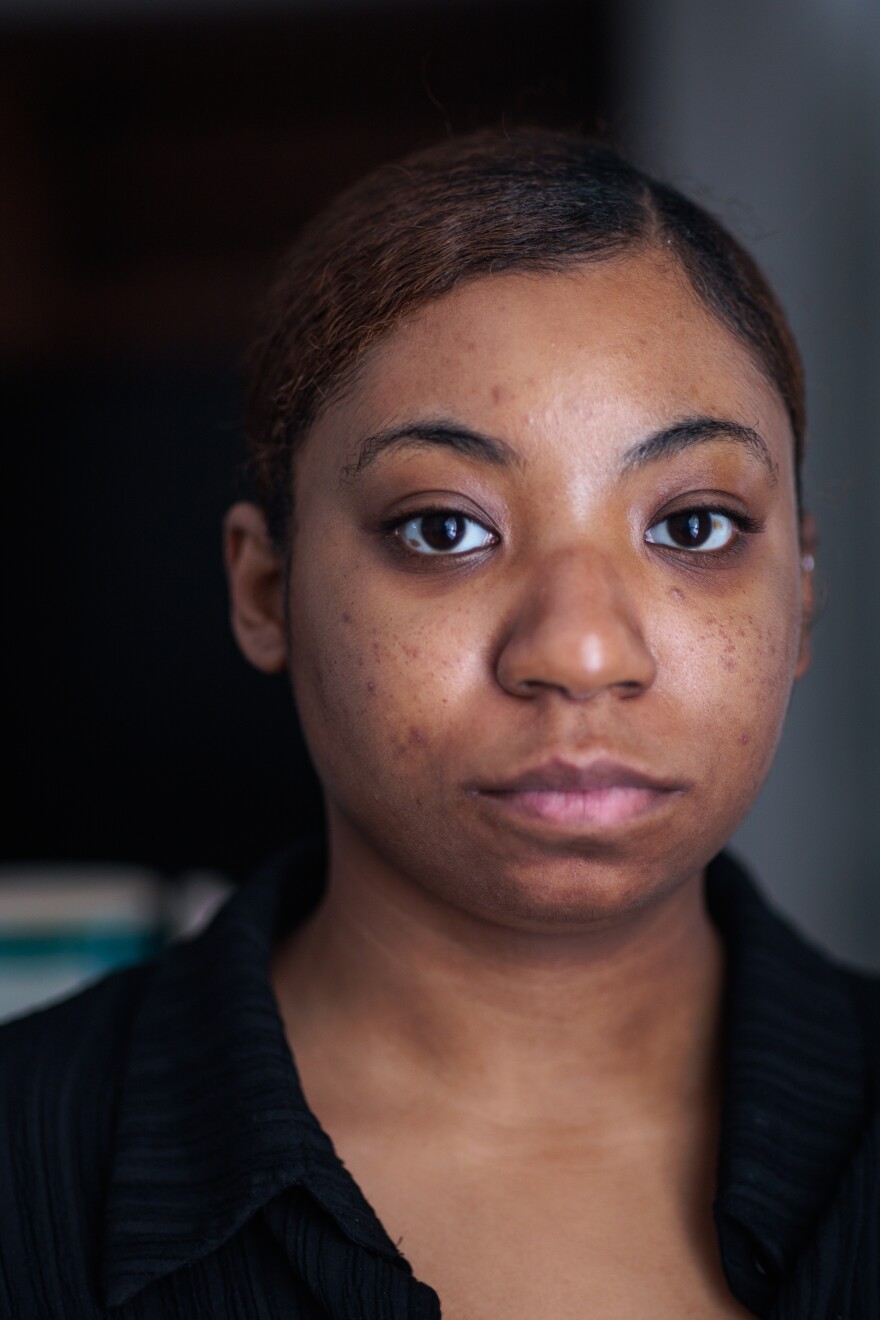A new effort to limit the use of student transcript withholding in Virginia has garnered the support of state lawmakers this year. The bill, sponsored by Del. Betsy Carr (D-Richmond), has cleared the House of Delegates, as well as a Senate committee.
Every public university in Virginia prevents students who owe the school money from accessing their transcripts, though each sets its own rules regarding minimum balances for holds. The bill would require public Virginia colleges and universities to release transcripts directly to a student or former student’s employer or prospective employer.
“We don't want to catch the students in the kind of ‘catch 22,’ where they can't get a job because they can't have the transcript,” Carr told VPM News. “So, it's important to be able to have that opportunity for students to be able to move forward.”
For the Dreams Deferred series, VPM News reported on common situations that lead to transcripts being withheld — like having to drop out in the middle of a semester for a health reason or low grades that eventually trigger the loss of financial aid. Both of these situations can result in colleges returning federal financial aid and a balance due directly to the institution that prevents students from taking additional classes — and obtaining a copy of their transcript — until they’ve paid the full bill.
The reporting preceded new federal rules set to take effect this summer that prohibit colleges from withholding transcripts for semesters fully paid for — either by the student or with federal financial aid. However, the rules won’t prohibit colleges from withholding transcripts for semesters in which students lose federal aid but then end up with a balance owed directly to the college — often referred to as direct-to-school debt.
Carr’s legislation, if passed, would apply in these situations and would require institutions to release transcripts — for all semesters — directly to students if the amount of debt owed is less than $500 or less than $1,000, if a student received a Pell grant. Only low-income students are eligible for Pell grants.
“Pell grant students are hugely disproportionately Black and brown, and poor,” said Jay Speer with the Virginia Poverty Law Center. “If people could pay these debts, they’d pay the debts … [M]ost of the time, it’s not because they choose not to, it's because they can't.”
A VPM News data analysis of transcript withholding within the Virginia Community College System shows that over 90% of the nearly 12,000 community college students who had their transcripts withheld from 2017 to 2021 were Pell-eligible.
Black students were also disproportionately impacted by the practice and on average were more than twice as likely to have their transcript withheld as other community college students.
Ninety-eight percent of students owed $3,000 or less — while nearly 70% owed $1,000 or less, and over one-third owed $500 or less. Nearly 300 students had their transcripts withheld for $20 or less during that five-year period.
Carr’s legislation would also require public Virginia colleges to release transcripts directly to students if they agree to a payment plan and make three consecutive payments toward the balance, regardless of the amount owed.
Speer hopes in these situations, colleges will be reasonable when considering payment plan terms— since the legislation doesn’t speak to this issue.

“I've heard of payment plans offered that are very unreasonable. I'm not sure I've ever heard much about reasonable payment plans,” Speer told VPM News. “That's unfortunate. I just don't see this as a way of treating your current or your former students. It doesn't make any sense to me.”
For example, VCU has required students to pay about one-third of the balance due before allowing students to enroll in a deferred payment plan and avoid an internal collection fee. Old Dominion University doesn’t allow payment plans at all in these situations; it only allows the plans for when a student is still currently enrolled.
Former VCU student Salona Perkins, a Pell recipient, ended up with a balance of about $11,000 owed directly to the school. She lost federal financial aid for her third college semester in fall 2019 because of grades. The balance was overwhelming for Perkins, who said she couldn’t afford to set up a deferred payment plan.
“It just feels like it was all about the money,” Perkins said, who described her situation as a midlife crisis, but at age 19. “Nobody was hearing me, nobody was understanding what this is doing to me.”
Ultimately — because she couldn’t get a copy of her VCU transcript — Perkins had to retake multiple classes she’d already completed and passed when she later enrolled in a paralegal studies program at J. Sargeant Reynolds Community College. She’s determined to succeed, despite her rough start at VCU.
“There are a lot of students, a lot of people who have gone through what I've gone through and just quit completely because they had no help,” Perkins said.
Perkins said it’s frustrating and time-consuming to redo classes she’d already taken and paid for at VCU; she’s now working overnight as a 911 dispatcher while taking online classes during the day. Two years ago, she spoke at the Virginia General Assembly about her college experiences when the first iteration of proposed legislation to prohibit transcript withholding was introduced.
Even though the legislation didn’t pass that year or last year, Perkins said if it does eventually pass, it “could help future students who are growing and going to college. It could help them in the end, even though, even though it wasn't able to help me.”



